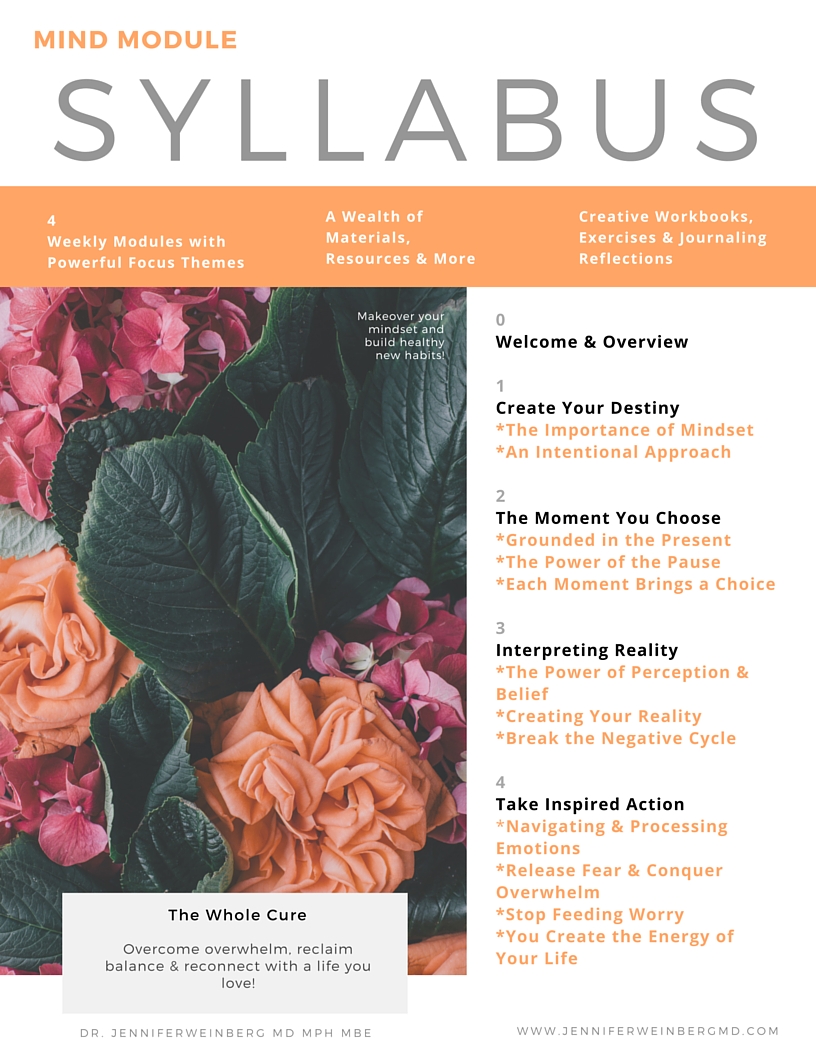A “health lifestyle” promotes physical and mental well-being through a mindful diet, exercise, and self-care. In today’s fast-paced world, it is crucial to prioritize health and adopt habits that support overall wellness.
A balanced diet rich in nutrients and antioxidants, regular physical activity, adequate sleep, stress management, and strong social connections are critical components of a healthy lifestyle. By incorporating these practices into daily life, individuals can optimize their health, reduce the risk of chronic diseases, improve mood and energy levels, enhance cognitive function, and increase longevity.
Embracing a healthy lifestyle is an ongoing journey that requires dedication, but the rewards for vitality and well-being are well worth the effort.
Eating Well
Eating well is a crucial aspect of maintaining a healthy lifestyle. A balanced diet plays a significant role in promoting overall well-being. Incorporating a variety of fresh fruits and vegetables into daily meals can provide essential nutrients and enhance the immune system. These should be the primary focus when planning meals. Additionally, it is necessary to avoid processed foods that often contain added sugars, unhealthy fats, and high sodium levels. These can lead to various health issues, including weight gain, heart disease, and diabetes. Individuals can ensure their bodies receive the necessary nutrients by opting for whole, unprocessed foods. Making conscious choices regarding nutrition is crucial, as it directly impacts overall health. Therefore, aiming for a well-balanced diet that includes plenty of fruits and vegetables while minimizing processed foods and added sugars is essential for a healthy lifestyle.

Regular Exercise
Physical activity is essential for maintaining a healthy lifestyle. Engaging in different types of exercises can help improve cardiovascular health, build muscle strength, and boost overall well-being. Here are some practical practices to consider:
- Aerobic exercises: These activities, such as running, swimming, and cycling, increase heart rate and improve endurance.
- Strength training: Lifting weights or resistance bands can help build muscle mass and increase bone density.
- Flexibility exercises: Stretching exercises like yoga or Pilates improve flexibility and joint mobility.
- Interval training: Combining high-intensity bursts with rest periods can improve cardiovascular fitness and burn more calories.
- Balance exercises: Activities like Tai Chi can enhance stability and reduce the risk of falls, especially for older adults.
Creating a workout routine that includes a mix of these exercises can be highly beneficial. Start by setting achievable goals and gradually increasing the duration and intensity of your workouts. Staying consistent and motivated is critical to making exercise a sustainable part of your healthy lifestyle. Find activities you enjoy and try to incorporate physical activity into your daily routine.
Quality Sleep
Understanding the importance of sleep is vital for maintaining overall health and well-being. Adequate sleep is essential for optimal physical, mental, and emotional functioning. It plays a crucial role in the body’s ability to repair and regenerate, as well as supporting cognitive function, mood stability, and immune system function.
Here are some tips for improving sleep quality:
- Create a bedtime routine: Establish a consistent sleep schedule by going to bed and waking up at the same time each day. This helps regulate your body’s internal clock and promotes better sleep.
- Make your bedroom a sleep-friendly environment: Ensure your sleep space is dark, quiet, and calm. Consider investing in comfortable mattresses, pillows, and bedding to promote relaxation.
- Avoid stimulants close to bedtime: Limit consumption of caffeine, nicotine, and alcohol, as they can interfere with sleep quality. Opt for herbal tea or calming beverages instead.
- Limit screen time: The blue light emitted by electronic devices can disrupt sleep. Avoid using screens at least an hour before bed, and consider implementing a digital curfew.
- Practice relaxation techniques: Engage in deep breathing exercises, meditation, or gentle stretching to relax your body and prepare for sleep.

Stress Management
Identifying and managing stress is essential for a healthy lifestyle. It is important to recognize the signs of stress and take the necessary steps to reduce it. One effective way is by practicing relaxation techniques. Deep breathing exercises, meditation, and yoga can help calm the mind and relieve stress. Another approach is to find balance in your daily life. This involves prioritizing tasks, setting realistic goals, and delegating when necessary. Taking breaks, engaging in hobbies, and spending time with loved ones are also important. Managing stress and finding balance can improve your well-being and lead a healthier life.
Social Connections
Having strong social connections is paramount to maintaining a healthy lifestyle. The impact of social interactions on our well-being cannot be overstated. Building and maintaining meaningful relationships can significantly enhance our mental and emotional health. Connecting with others deeply is essential, fostering supportive and positive bonds.
Engaging in community activities strengthens our social connections and creates a sense of belonging. Participating in local events, volunteering, or joining clubs and organizations allows us to meet new people and forge new friendships. Such interactions give us a feeling of connectedness and can reduce loneliness or isolation.
Nurturing social connections enhances our emotional well-being and contributes to our physical health. Studies have shown that individuals with strong social networks tend to lead healthier lifestyles, engage in more physical activity, and have a lower risk of developing chronic conditions.

Credit: www.jenniferweinbergmd.com
Frequently Asked Questions On Health Lifestyle
What Are The Six Types Of Lifestyle?
The six types of lifestyle include active, minimalist, digital, traditional, healthy, and bohemian. Each lifestyle encompasses different values, activities, and habits. Choosing a lifestyle depends on personal preferences and needs.
What Is A Unhealthy Lifestyle?
An unhealthy lifestyle refers to habits and choices that negatively impact a person’s physical and mental well-being. This includes poor diet, lack of exercise, smoking, excessive alcohol consumption, and chronic stress. Such lifestyle choices can lead to various health problems and decrease overall quality of life.
How Do I Fix My Unhealthy Lifestyle?
To fix an unhealthy lifestyle, you can: 1. Eat a balanced diet and avoid processed foods, with plenty of fruits and veggies. 2. Engage in regular physical activity, like walking or exercising. 3. Get enough sleep for your body to recover and recharge.
4. Manage stress through relaxation techniques and hobbies. 5. Avoid harmful habits like smoking and excessive alcohol consumption.
What Are 10 Tips For A Healthy Lifestyle?
Here are ten tips for a healthy lifestyle: 1. Eat a balanced diet with plenty of fruits, vegetables, and whole grains. 2. Stay active by exercising regularly, aiming for at least 30 minutes of daily physical activity. 3. Get enough sleep to recharge your body and mind.
4. Stay hydrated by drinking enough water throughout the day. 5. Limit alcohol consumption and avoid smoking. 6. Manage stress through techniques like meditation or deep breathing exercises. 7. Maintain a healthy weight by watching your calorie intake and exercising portion control.
8. Practice good hygiene by washing your hands regularly and following proper cleanliness habits. 9. Schedule regular check-ups with your healthcare provider for preventive care. 10. Take care of your mental health by practicing self-care activities and seeking support when needed.
Conclusion
Incorporating a healthy lifestyle is essential for improving overall well-being. We can achieve optimal health by making conscious choices in our daily routines, such as maintaining a balanced diet, staying physically active, and managing stress. Small steps towards healthier habits can significantly impact our energy levels, mood, and longevity.
So, let’s prioritize our health and make sustainable choices for a happier and healthier lifestyle.

